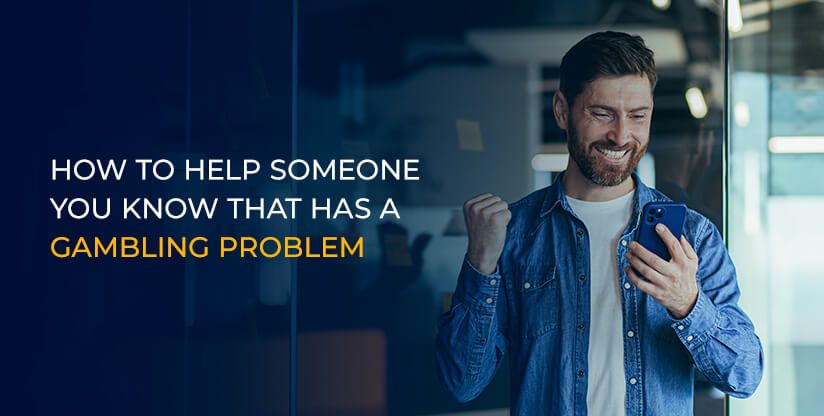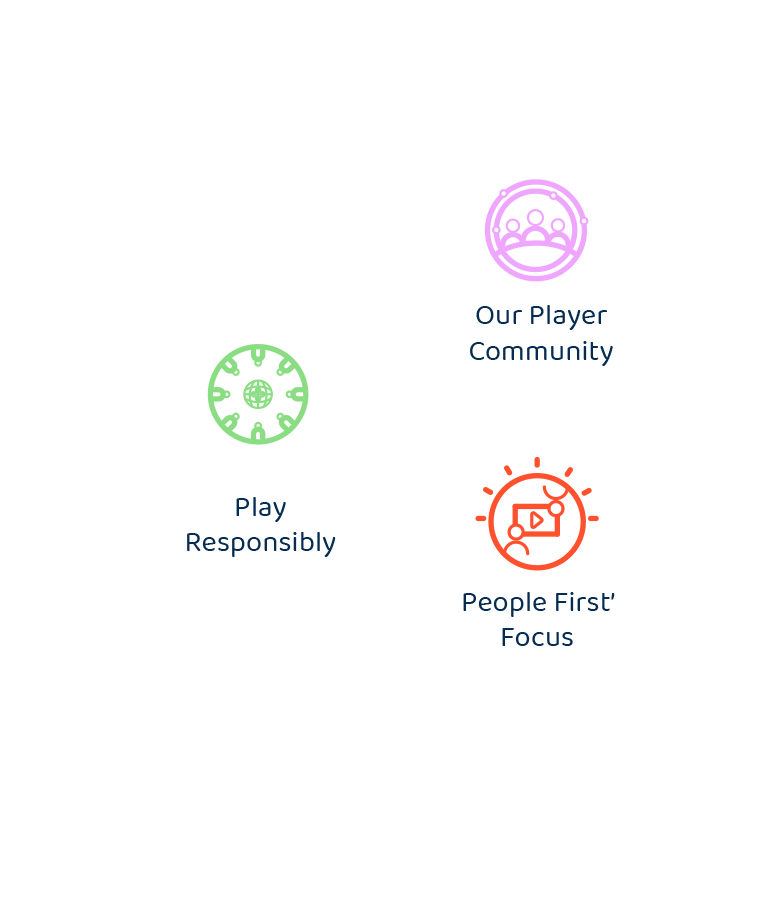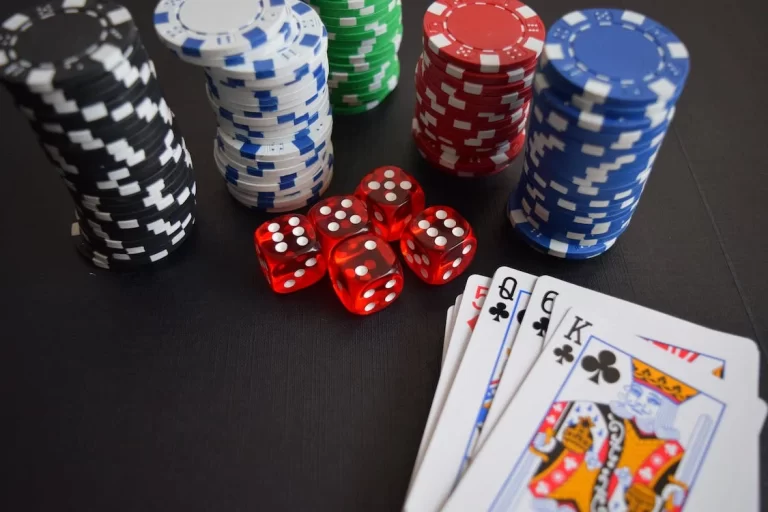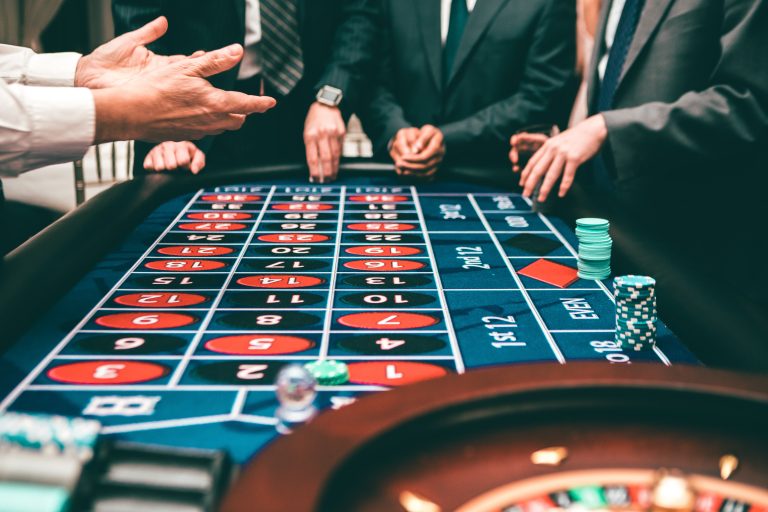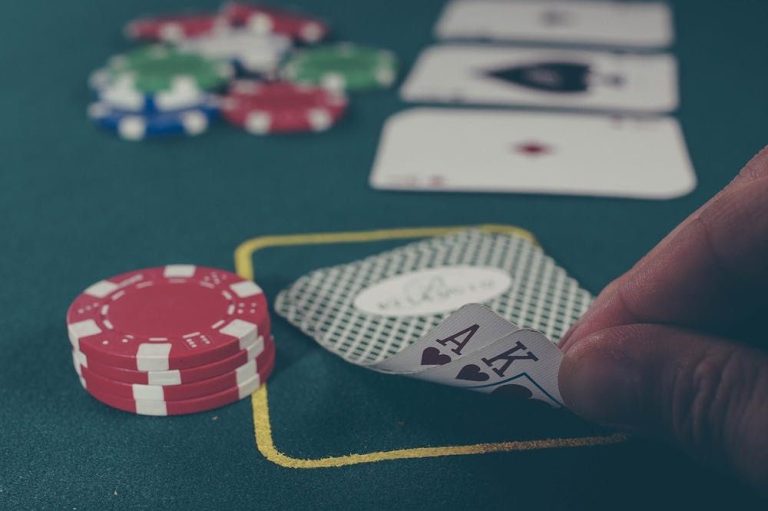Gambling can be a fun and exciting activity for many people, but for some individuals, it can turn into a serious problem. Problem gambling, also known as gambling addiction or compulsive gambling, can have devastating consequences on a person’s life and relationships. As a friend, it’s important to be aware of the signs of problem gambling so you can help your loved one get the support they need.
Notice Changes in Behavior
One of the first signs that a friend may be struggling with problem gambling is noticeable changes in their behavior. This can include becoming secretive about their gambling habits, spending more time and money on gambling activities, and neglecting other responsibilities and commitments. If you notice your friend is constantly talking about gambling or seems preoccupied with it, these could be red flags that they have an issue.
Financial Problems
Another common indicator of problem gambling is financial problems. Your friend may start borrowing money frequently, selling possessions to cover gambling debts, or asking for loans without a clear explanation of how the money will be used. They may also experience frequent financial crises and struggle to pay bills or meet other financial obligations. If you notice your friend’s financial situation deteriorating rapidly, it could be a sign that they have a gambling problem.
Mood Swings and Irritability
Problem gambling can also have a significant impact on a person’s emotional well-being. Your friend may experience mood swings, irritability, and social withdrawal. They may become defensive or agitated when asked about their gambling habits or finances. If you notice that your friend’s mood and behavior have changed significantly, it could be a sign that they are struggling with a gambling addiction.
Relationship Problems
Problem gambling can put a strain on relationships with family and friends. Your friend may become increasingly isolated and distant, canceling plans and avoiding social situations. They may also lie or make excuses to cover up their gambling activities. If you notice that your friend’s relationships are suffering or they are becoming more distant, it could be a result of their gambling problem.
Seeking Help
If you suspect that your friend may have a gambling problem, it’s important to approach the situation with care and sensitivity. Be honest and open with your friend about your concerns and offer your support. Encourage them to seek help from a professional counselor or therapist who specializes in gambling addiction. You can also suggest they attend support groups such as Gamblers Anonymous, where they can connect with others who are going through similar struggles.
Remember that confronting a friend about their gambling problem can be difficult, but it’s important to do so out of love and concern for their well-being. By recognizing the signs of problem gambling and offering your support, you can help your friend take the first steps towards recovery and a healthier, happier life.
Conclusion
Problem gambling is a serious issue that can have a detrimental impact on a person’s life and relationships. As a friend, it’s important to be aware of the signs of problem gambling so you can offer your support and guidance. By noticing changes in behavior, financial problems, mood swings, and relationship issues, you can recognize when a friend may be struggling with a gambling addiction. Encourage your friend to seek help from a professional and offer your support throughout their journey to recovery.
